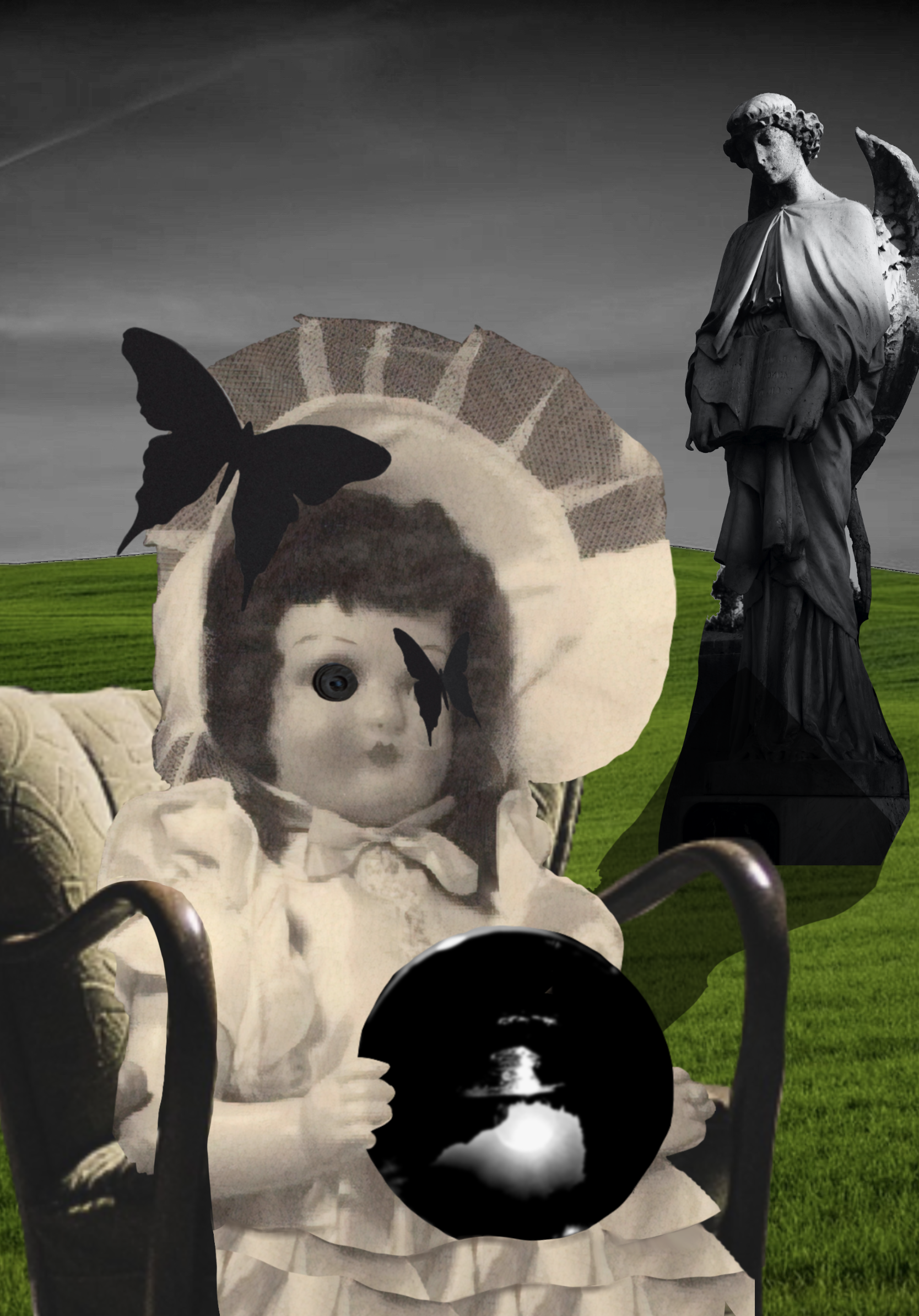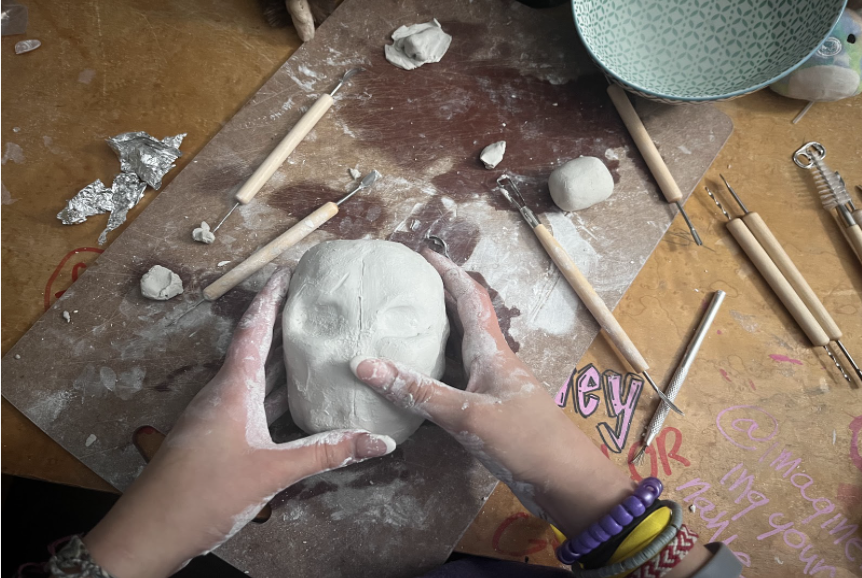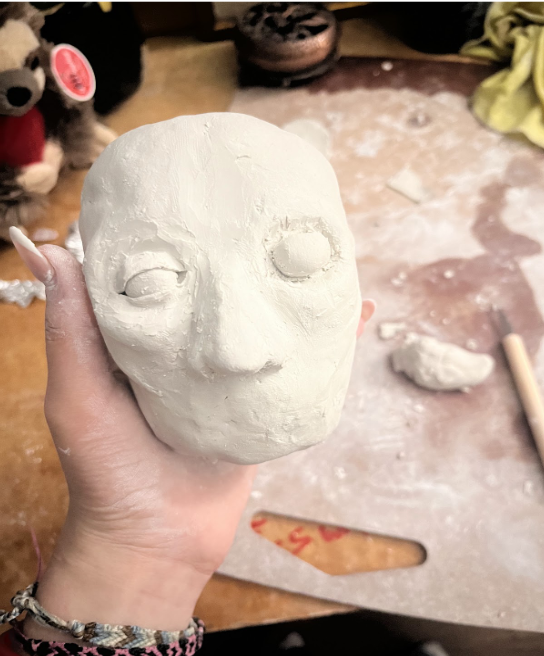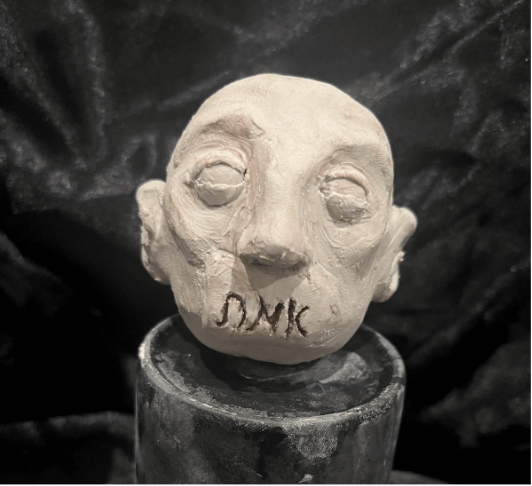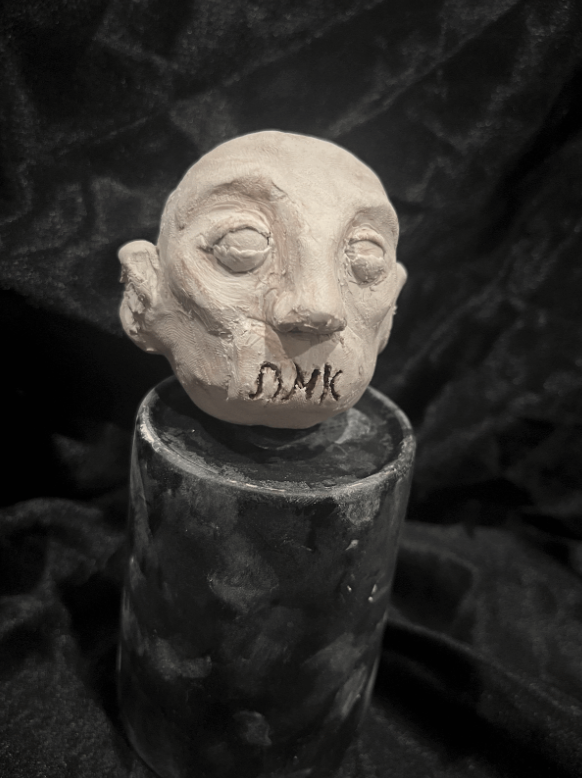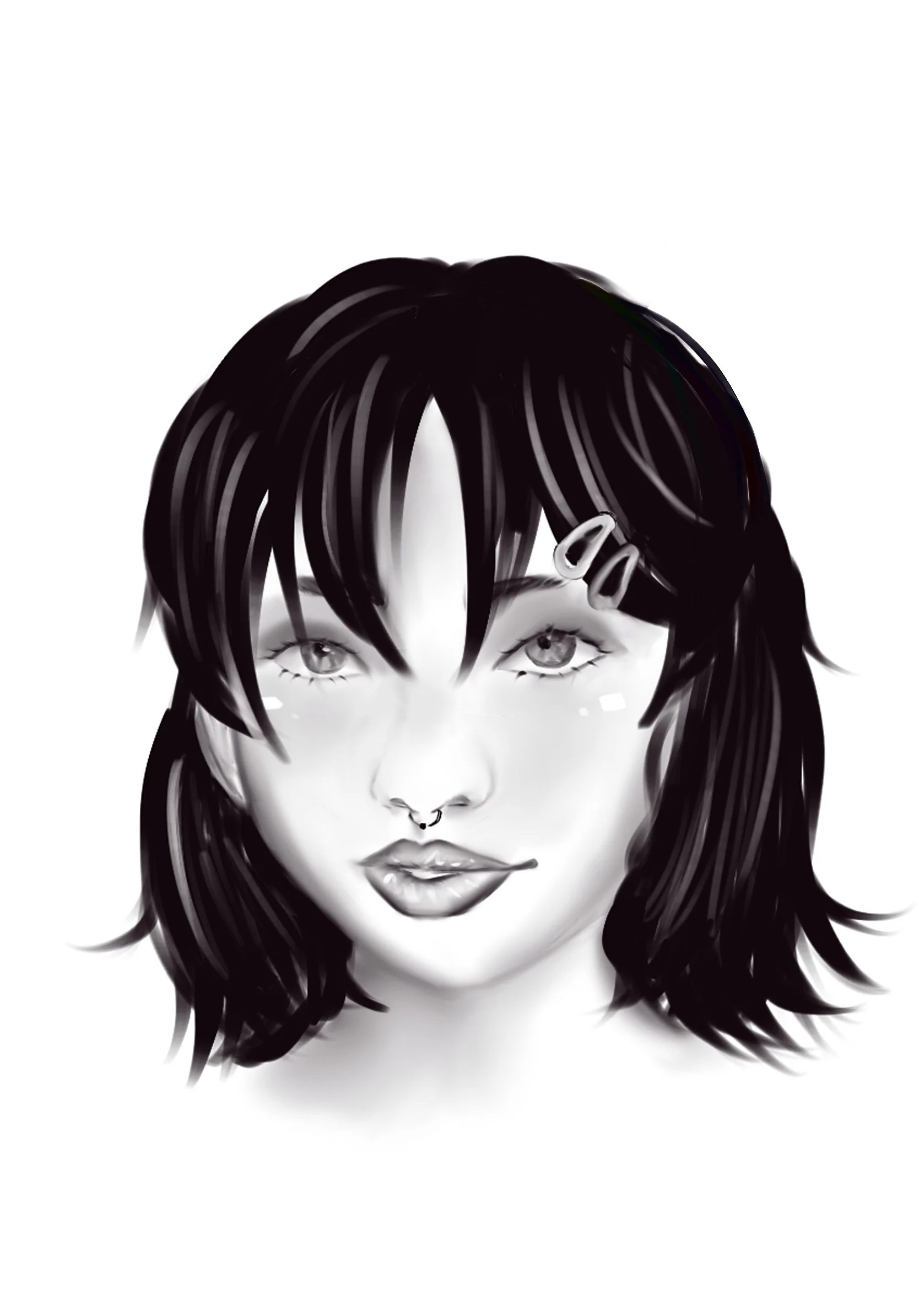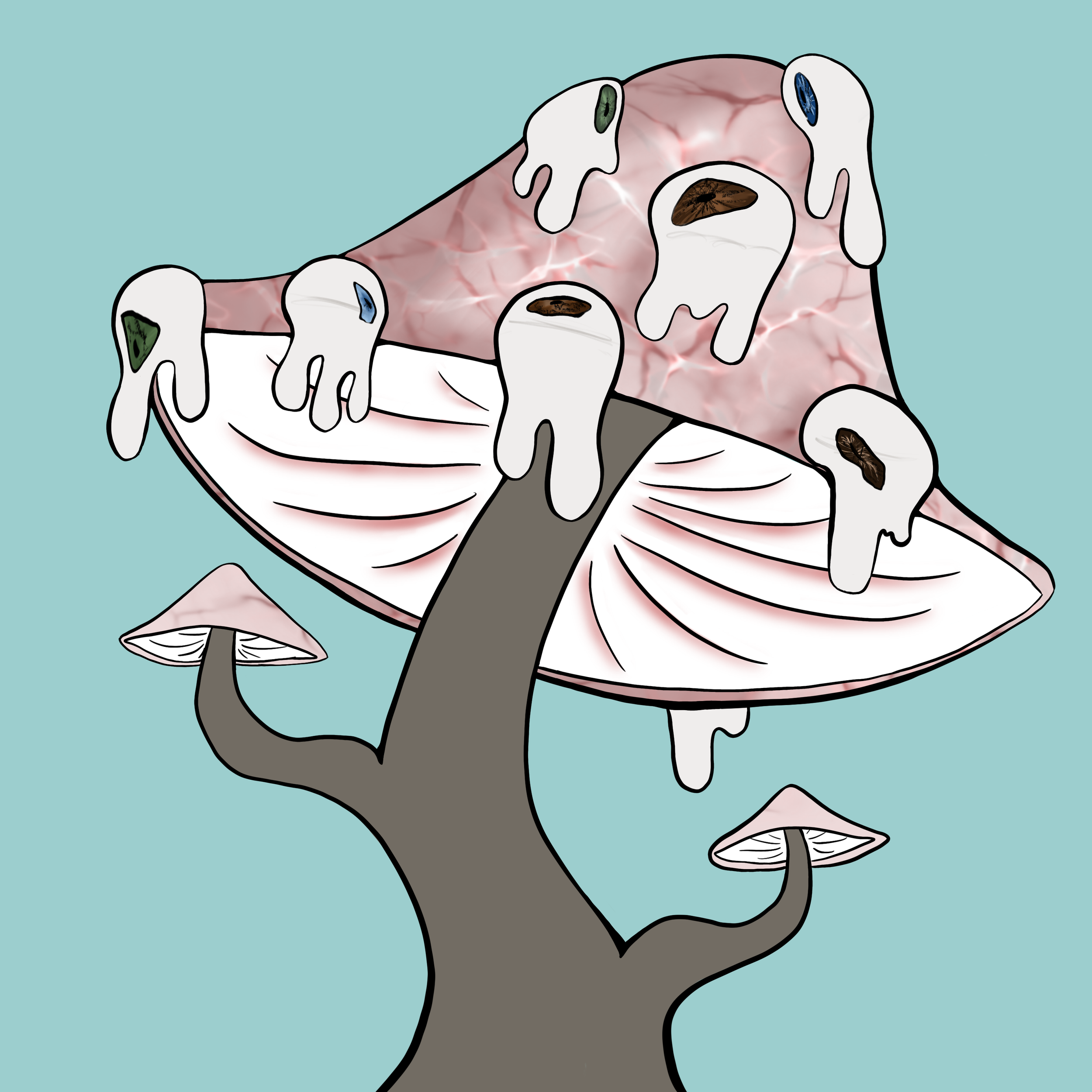Welcome to my portfolio. Thank you for taking a look and I’m happy to discuss any of my pieces with you. ~Eli
Eli Reese Zoffel | elianazoffel@gmail.com | 916 606 0870
The 4 sins depicted in my art are a direct threat to free will & human rights.
Human rights are rights simply because we exist as human beings - any state does not grant them.
These universal rights are inherent to us all, regardless of nationality, sex, national or ethnic origin, color, religion, language, or any other status. They range from the most fundamental - the right to life - to those that make life worth living, such as the rights to food, education, work, health, and liberty.
The Universal Declaration of Human Rights (UDHR), adopted by the UN General Assembly in 1948, was the first legal document to set out the fundamental human rights to be universally protected.
-
Leah was a Biblical matriarch, one of Jacob's wives, and the mother of six sons.
Many elements that you see in my art come from her story. The Torah highlighted that Leah’s eyesight wasn’t strong, and she struggled to be heard.
The struggle to be heard and seen rings true with women, girls, and people with diverse gender identities who continue to face structural, systemic, and legal barriers to realizing their right to be seen.
The many eyes in this piece are to highlight that continued struggle.
-
Bilhah was given to Rachel to be her handmaid in Rachel's marriage to Jacob. When Rachel failed to have children, Rachel gave Bilhah to Jacob as a wife to bear him children.
The Torah highlighted that Bilhah was known to be unworried. She was treated like a concubine and used to fulfill Jacob's selfish desires for procreation.
I can't imagine how she could be unworried when treated like an object. I like to think Bilhah embodied being brave and strong despite her situation.
I chose background locations where people have to be brave and strong as they face a struggle.
-
Rachel was the mother of Joseph, who went on to found one of the 12 tribes of Israel. Rachel is associated with water, especially because of her meeting Jacob at a well. Known for her beauty, I chose to have water pouring from her mouth to symbolize the beauty that poured from her.
True beauty is knowing who you are and what you want and never apologizing for it. ~Pink
-
Zilpah in Hebrew זִלְפָּה means uncertain. Zilpah, who had such a clear role as Leah's handmaid, was used as part of a competition and deception to bear Jacob's children. I struggled to understand how your name could come to mean uncertainty.
Given her colorful personality, I wanted to highlight the contradiction between her namesake and personality by using brighter colors and toning down the background.
I want art to make me think. In order to do that, it may piss me off or make me uncomfortable. That promotes awareness and change, or at least some discussion. ~Pink
Please use the accordion below to read a bit about each piece.





